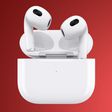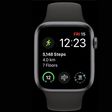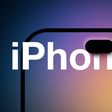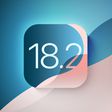Apple has commented on the ongoing complaints about the iPhone 6 Plus bending in user pockets, telling CNBC that the new iPhones include steel/titanium inserts to reinforce stress locations and that they use the "strongest glass in the industry."
The company went on to say that only nine customers had complained about bent iPhones, suggesting the issue is not as widespread as it has appeared in the media. It also stated that both the iPhone 6 and 6 Plus have met or exceeded testing for strength and durability, and that bending in the iPhone 6 Plus during normal use is "extremely rare."
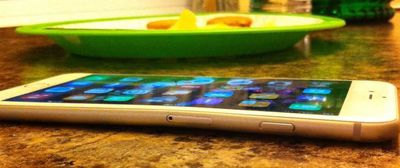
Our iPhones are designed, engineered and manufactured to be both beautiful and sturdy. iPhone 6 and iPhone 6 Plus feature a precision engineered unibody enclosure constructed from machining a custom grade of 6000 series anodized aluminum, which is tempered for extra strength. They also feature stainless steel and titanium inserts to reinforce high stress locations and use the strongest glass in the smartphone industry. We chose these high-quality materials and construction very carefully for their strength and durability. We also perform rigorous tests throughout the entire development cycle including 3-point bending, pressure point cycling, sit, torsion, and user studies. iPhone 6 and iPhone 6 Plus meet or exceed all of our high quality standards to endure everyday, real life use.
With normal use a bend in iPhone is extremely rare and through our first six days of sale, a total of nine customers have contacted Apple with a bent iPhone 6 Plus. As with any Apple product, if you have questions please contact Apple.
Reports of the iPhone 6 Plus's weakness to bending first began trickling in on Monday, after several MacRumors forum members shared images of devices that had bent while in a pocket. The bending issue went viral after a YouTuber posted a video of the iPhone 6 Plus warping out of shape when bent in his hands, which caused significant damage near the device's volume buttons.
Given the media attention the bending received, it was difficult to tell how many users were truly affected by iPhone 6 Plus bending during real world usage. Though Apple kept quiet on the issue until today, the company has been directing its support staff to replace affected phones under warranty following a visual inspection.




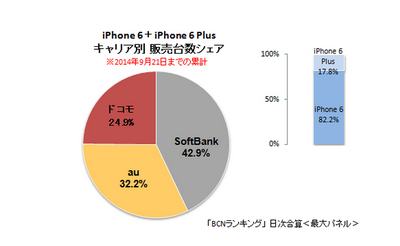
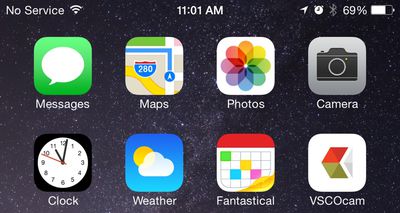
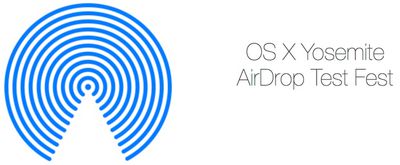

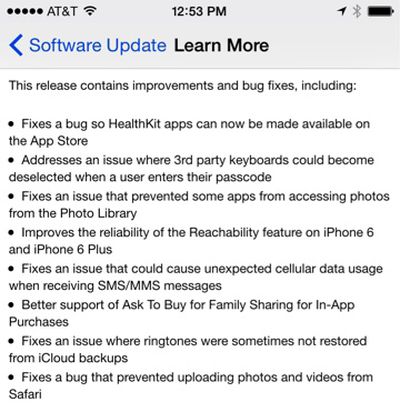
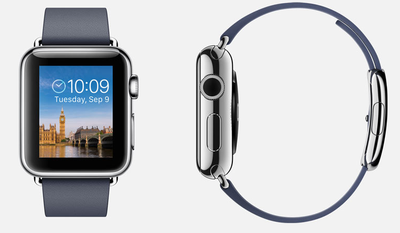
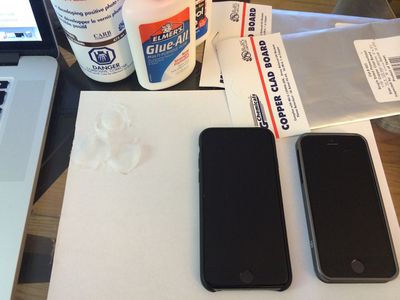
 Apple CEO Tim Cook sent a company-wide memo out to all employees this morning, thanking them for their hard work during the month of September, which saw the release of the iPhone 6, iPhone 6 Plus, iOS 8 and the announcement of the Apple Watch. Cook also announced that Apple employees will be receiving additional vacation time during the Thanksgiving holiday in the United States, as they have in past years.
Apple CEO Tim Cook sent a company-wide memo out to all employees this morning, thanking them for their hard work during the month of September, which saw the release of the iPhone 6, iPhone 6 Plus, iOS 8 and the announcement of the Apple Watch. Cook also announced that Apple employees will be receiving additional vacation time during the Thanksgiving holiday in the United States, as they have in past years.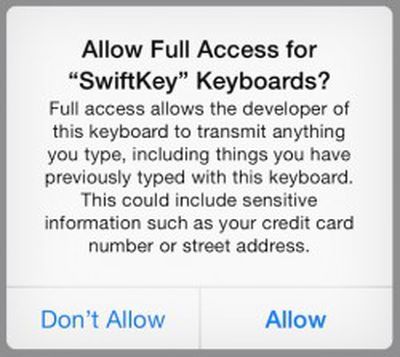 Third-party systemwide keyboards have been one of the
Third-party systemwide keyboards have been one of the 







